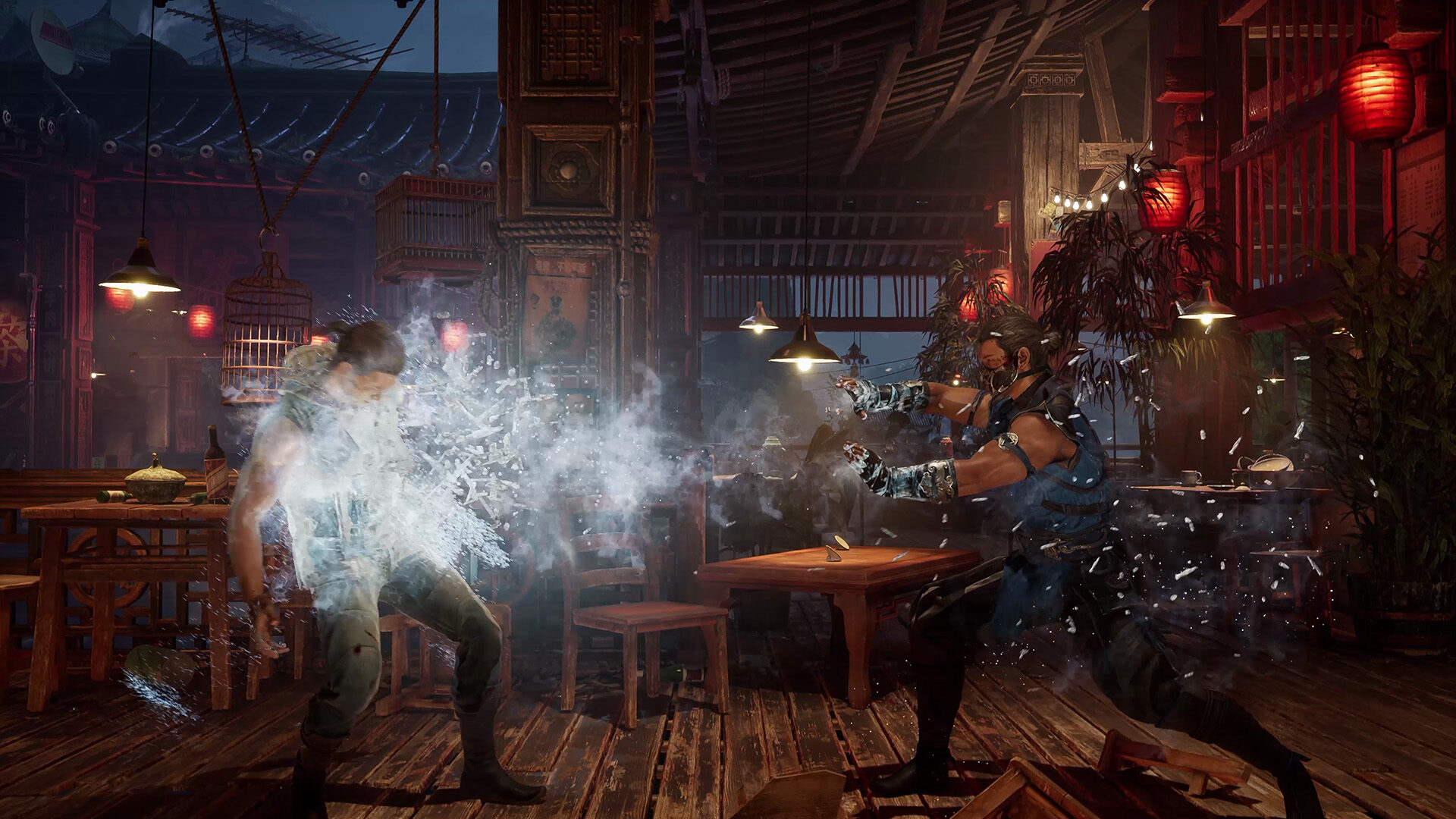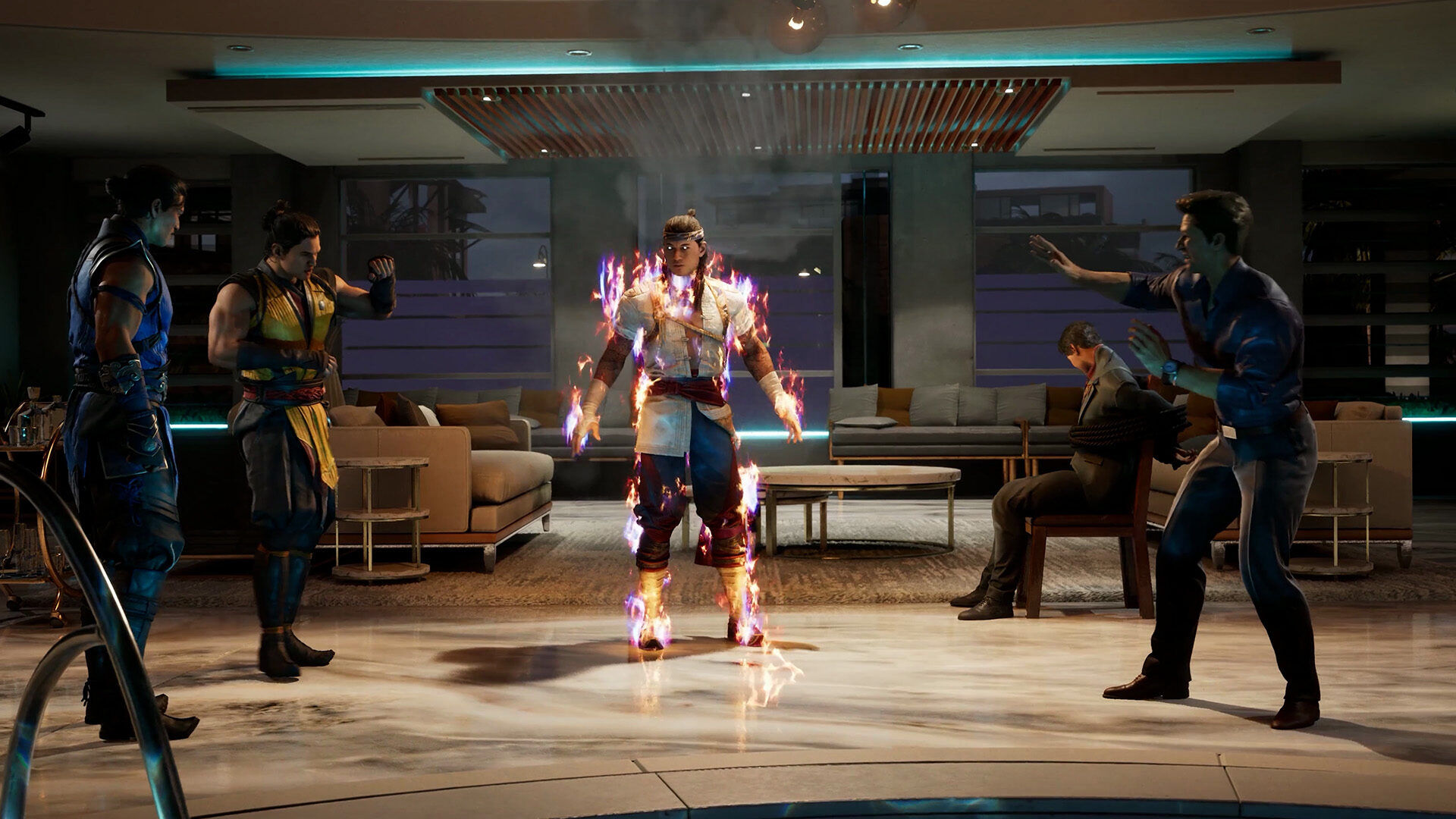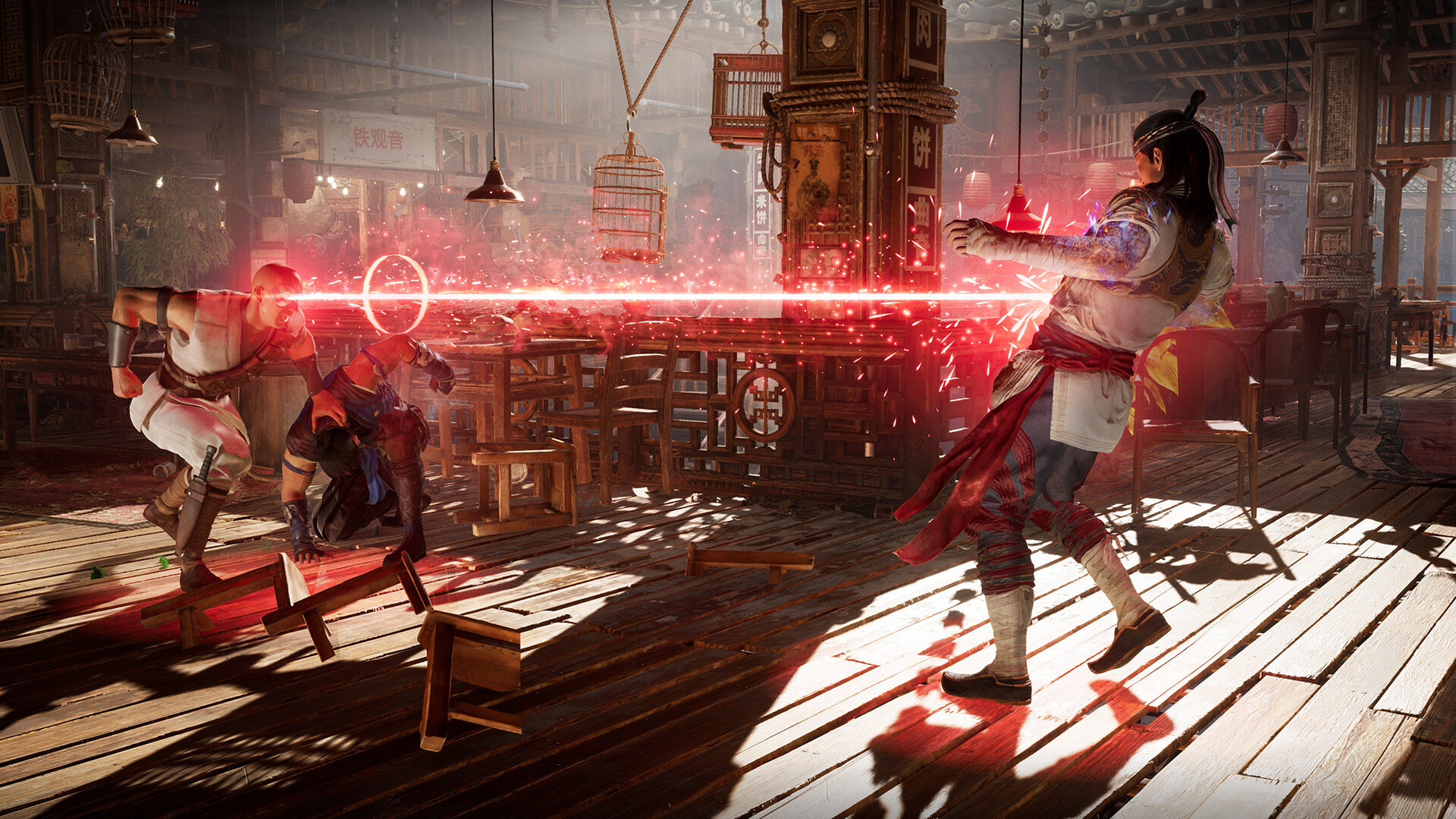Publisher: Warner Bros. Games
Developer: NetherRealm Studios
Platforms: Xbox Series X/S, PS5, Switch, PC
Release Date: 09.19.2023
For fans of fighting games, things have been going pretty great lately. A new generation of Street Fighter is upon us, Bandai Namco is showing off the upcoming Tekken 8, Guilty Gear Strive is still going strong, and we’re almost at the release of Mortal Kombat 1.
Wait—Mortal Kombat 1? Weren’t we just on the eleventh mainline game in the series a few years back? Indeed we were, but the team at NetherRealm Studios decided that now would be the perfect time to give said series a fresh start. Not only is a continuity reboot a good way to bring new fans to a long-running franchise, but it’s also a chance to return things back to a simpler, more focused starting point after years of expanding upon old ideas.
“Perhaps the main reason why we decided to restart was because the stakes in Mortal Kombat 11 got so big that it was difficult for us to introduce yet another villain even more powerful than Kronika,” NetherRealm Studios chief creative officer and Mortal Kombat co-creator Ed Boon told us.
Another challenge was figuring out a direction to take the game’s iconic cast of characters that would both meet the expectations players have for their favorite fighters, while also using them to tell a story that wouldn’t just feel like a retread.

No matter if it’s fire, or ice, or even a little rain or smoke, old favorites have some new elemental tricks up their sleeves.
“We didn’t want to change the characters too much, because they have been established now for over 30 years, and redefining them too much would be taboo. That balance between a new story using existing characters was one of the bigger challenges we had,” Boon added. “We wanted to change the story but keep it familiar at the same time—if that makes any sense.”
Thankfully, there was a perfect jumping off point for rebooting the series: the ending of Mortal Kombat 11. Though exact plans for the reboot weren’t worked out at the time, that game’s finale left open the possibility through Liu Kang’s transformation into a fire god, while also “paying homage to the lore established in the Mortal Kombat comic book that was made to support the first arcade game,” according to Boon.
It might seem a bit extreme to stress so much over things like lore in a game where two people punch each other into submission, but such elements have long been important to both Mortal Kombat’s fans and creators. For Mortal Kombat 1, Boon told us that “characters would retain most of their signature characteristics, visuals, and abilities, but their relationships with each other would change” as part of the reboot.

From the fantastic character redesigns to some stylish new stages, the Mortal Kombat series has never looked better.
“Perhaps the biggest example of this would be Scorpion and Sub-Zero, who have historically been bitter enemies. Now, they are literally blood brothers,” he added.
Still, Mortal Kombat 1 is indeed a fighting game, so all of the new backstory and cast reworks won’t matter if the core combat isn’t deep and satisfying. Thankfully, Mortal Kombat 1’s core fighting engine feels both streamlined yet expanded, harkening back to that duality Boon spoke of earlier. Each fighter we’ve seen so far feels more rounded and developed in their moves roster without relying on gimmicks to make them interesting to play. Instead, that additional layer of variation comes from the new Kameo system, which is as much about creativity in personal playstyle as it is giving the team an excuse to bring some old faces back to the franchise.
With so much change being brought to the series, one thing thankfully remains the same: from signature moves to those trademark Fatalities, Mortal Kombat 1 still feels as brutal as ever. NetherRealm’s long-running franchise may look different on the outside, but its guts are the same as they’ve always been.
